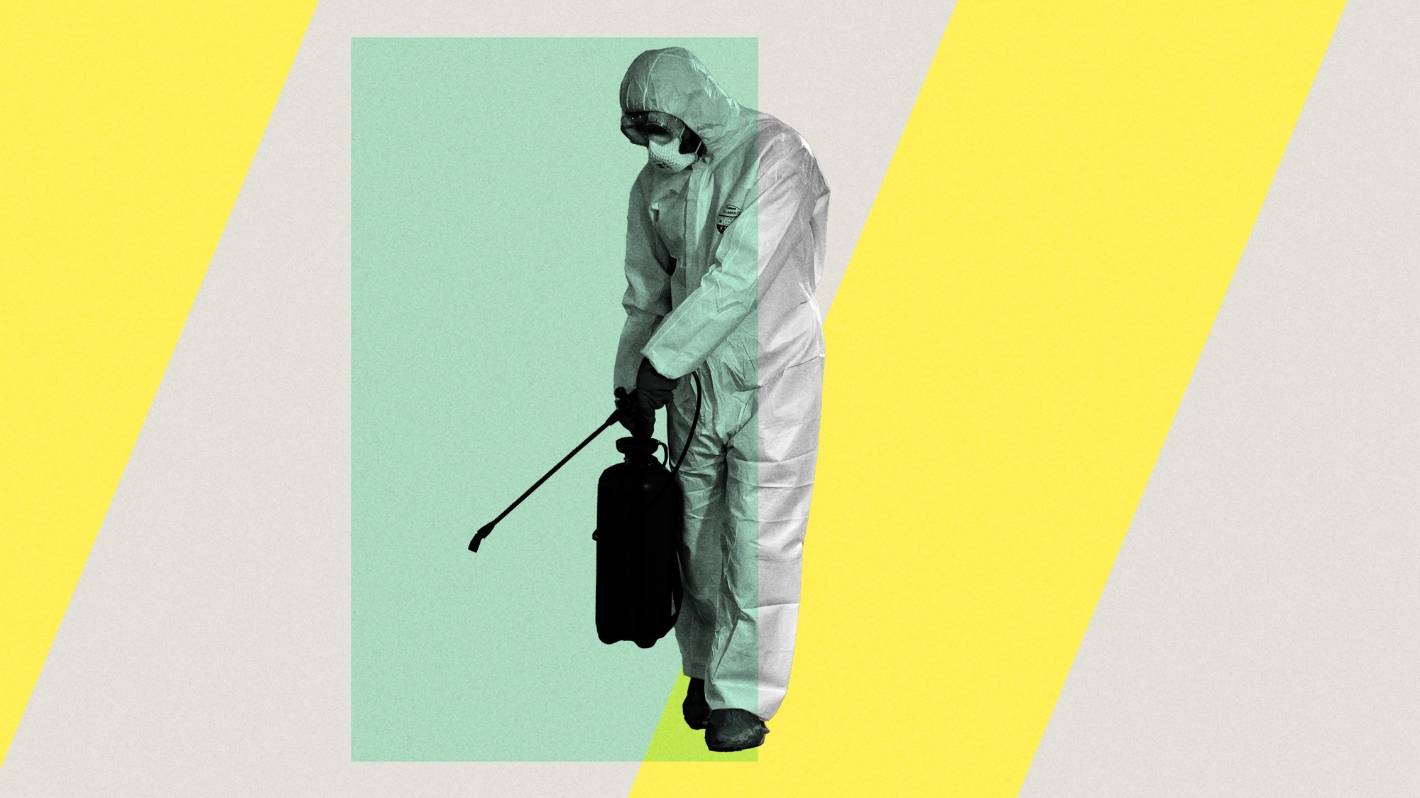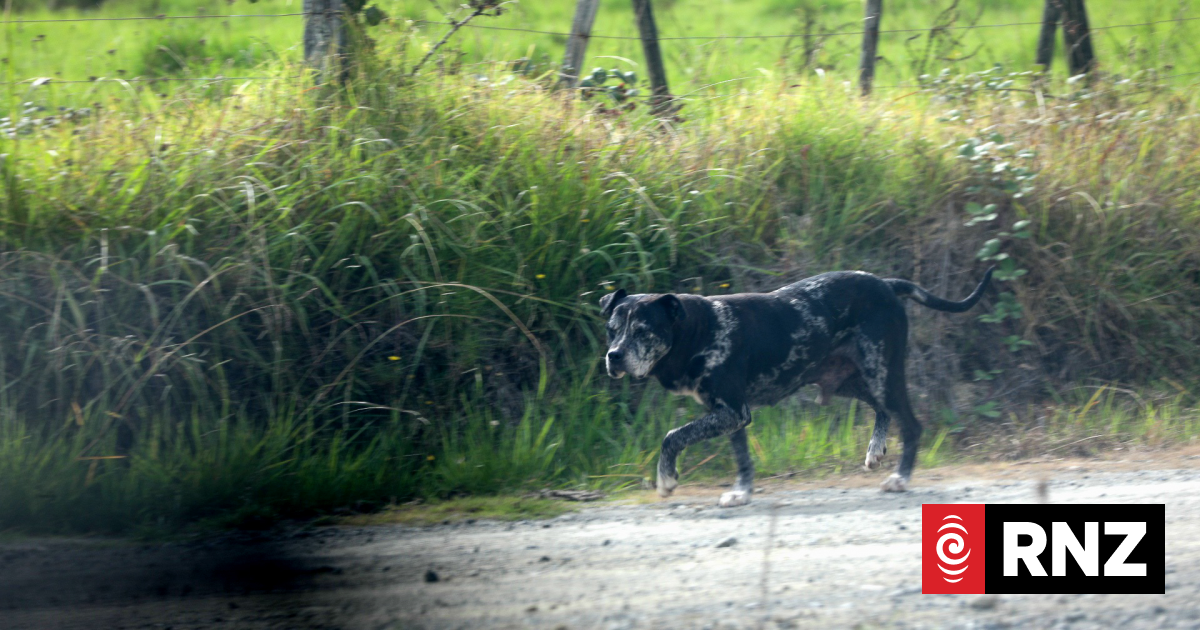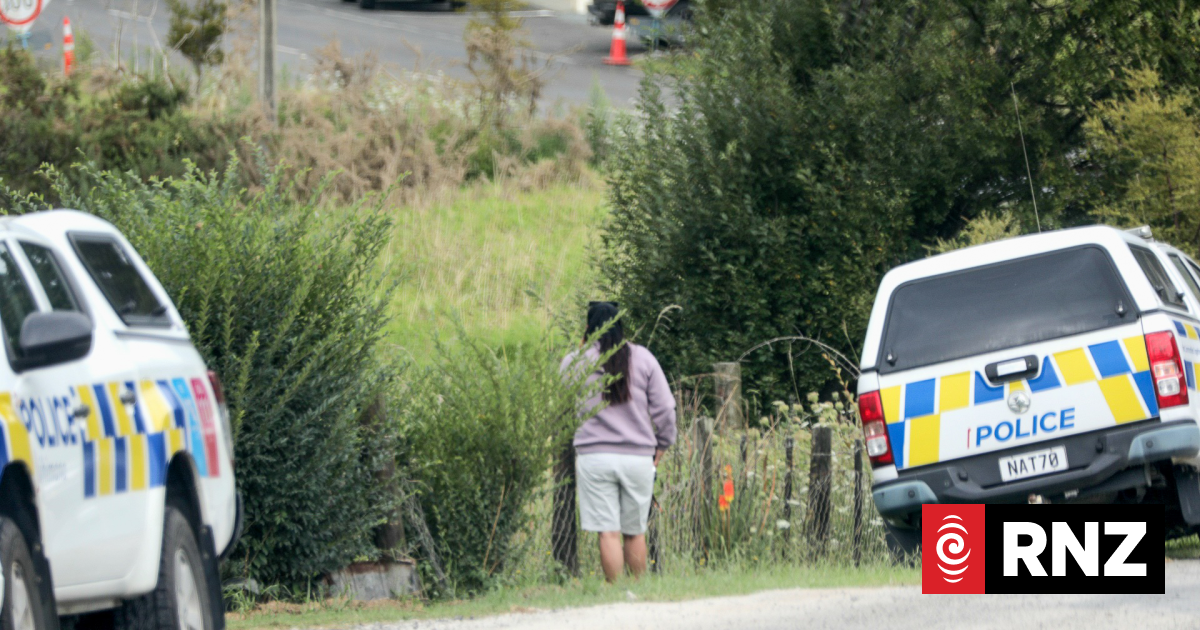Whangārei Hospital has closed two wards to visitors to minimise the spread of Covid-19 and other respiratory illnesses.
It is the second time in a month the hospital has had to restrict visitors in at least one of its wards, due to the spread of viruses.
The hospital’s ward 1, an orthopaedic ward, was closed to visitors from July 14 to 27 due to a rise in Covid-19 infections.
At the time, medics said hospital visitors who refused to wear masks or walked around wards visiting different patients made it difficult to manage the infections.
READ MORE:
* Covid-19: Hospital visitors refusing to wear masks, ward outbreaks ‘unavoidable’
* Covid-19: Hospitals extend visitor restrictions as ED doctor calls for mask vigilance
* Covid-19: Whangārei Hospital closes ward to visitors after rise in cases
On Thursday, the restrictions were applied to ward 14, a medical ward, and ward 15, a rehabilitation and stroke ward, for patient safety.
The policy will be reviewed on Monday, August 15, said Dr Lucille Wilkinson, associate chief medical officer.
Sungmi Kim/Stuff
High rates of Covid-19 infections, and other respiratory illnesses like the flu, has meant two wards at Whangārei Hospital have closed to visitors. (File photo)
“We apologise for the inconvenience to patients in the wards and their families. We know this is distressing for them, and we thank everyone for supporting our healthcare team to keep our community safe.”
Visiting on compassionate grounds will be assessed on a case-by-case basis, she said.
Te Whatu Ora – Te Tai Tokerau, formerly Northland District Health Board, could not say how many patients on each ward had the virus, but on Thursday there were 38 people in hospital with Covid-19.
There were also 193 new cases of Covid-19 notified on Thursday, resulting in 1052 active cases in the community.
Denise Piper/Stuff
Whangārei Hospital’s wards 14 and 15 are now closed to visitors. (File photo.)
Wilkinson said infection prevention and control measures remained in place at all Northland health facilities, including the need for people who are unwell to stay away until at least 24 hours after they are recovered.
“Covid-19 spread continues in all parts of the Northland community, so when you visit us, it is important that you take the measures required in all public venues to protect our vulnerable patients and staff from Covid-19 and the flu,” she said.
“Effective mask wearing is one of our most helpful public health measures. The risk of transmission is significantly reduced when people wear masks correctly, and if you are visiting you are required to wear a mask for the entire visit.”
Wilkinson encouraged visitors to ring the hospital before making a visit, with only two nominated people able to visit a patient, each at separate times of the day.




